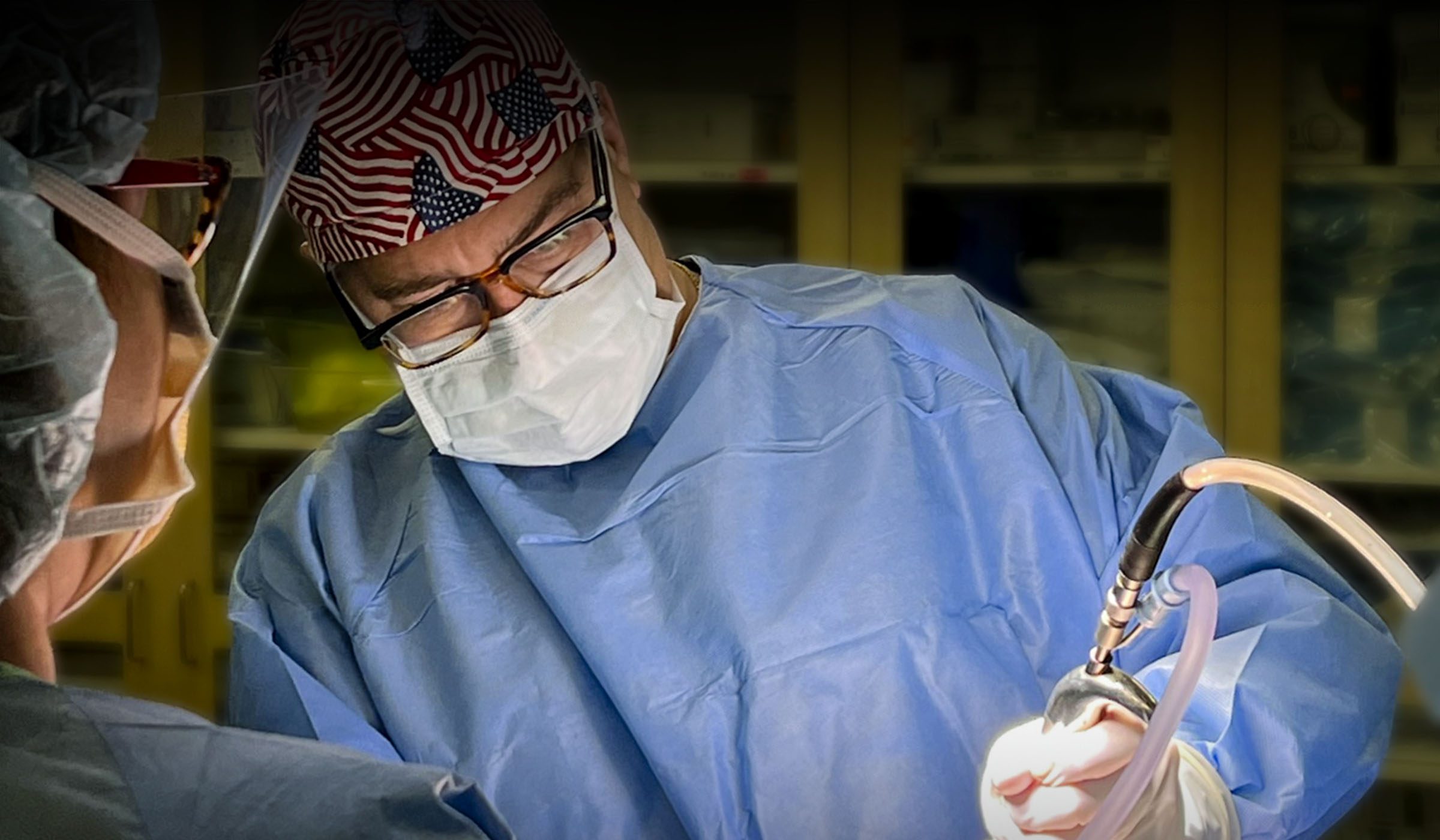Examining the Psychological and Social Factors That Drive Individuals to Take Into Consideration Cosmetic Surgery as a way of Renovation
The choice to go after cosmetic surgery frequently expands beyond plain aesthetics, intertwining with mental and social characteristics that merit comprehensive examination. Aspects such as self-confidence, prevalent societal appeal criteria, and the pervasive impact of social media merge to shape individual inspirations for surgical improvement.
The Duty of Self-Esteem
Self-worth considerably affects an individual's decision to seek cosmetic surgical procedure. Individuals with reduced self-esteem frequently view themselves in a negative light, leading to sensations of insufficiency concerning their physical look.

Inevitably, the duty of self-worth in the decision-making process concerning cosmetic surgery highlights the intricate interaction between body photo, individual complete satisfaction, and psychological health and wellness. Recognizing this connection is crucial for healthcare professionals to make sure that individuals are making notified choices rooted in realistic expectations and psychological health.
Societal Appeal Criteria
Influenced by prevalent media representations and social narratives, social charm criteria play an important role in shaping people' perceptions of their own bodies. These requirements are typically characterized by an idealized form of appeal that emphasizes qualities such as youthful vigor, slimness, and symmetry. As these perfects are bolstered through different networks, including advertising, film, and television, people regularly internalize these messages, bring about discontentment with their all-natural appearance.
The ramifications of these social norms prolong beyond aesthetic preferences; they can impact self-esteem, psychological health, and interpersonal partnerships. People who view themselves as dropping brief of these standards might experience sensations of inadequacy, triggering a desire for plastic surgery as a way of achieving societal approval. This search is usually sustained by the belief that adapting these ideals will improve not only physical look but also social standing and individual gratification.

Influence of Social Media Site
The effect of societal beauty criteria is additional amplified by the surge of social media systems, where curated photos and idealized depictions of appeal are ubiquitous. Individuals are regularly subjected to filtered and edited photos, which usually illustrate unattainable physical characteristics. This exposure cultivates a culture of contrast, leading individuals to examine their very own look versus these frequently unrealistic benchmarks.
Social media influencers and celebrities often promote aesthetic treatments, normalizing the concept that medical improvements are a viable means for accomplishing societal ideals (plastic surgery rancho cucamonga). The visibility of these enhancements can create a perception that undertaking plastic surgery is a basic practice, thus influencing individuals to consider similar treatments as a pathway to boosted self-confidence and social acceptance
Additionally, the interactive nature of social networks permits instant comments via likes and comments, even more reinforcing the desire to comply with prominent elegance requirements. Such interactions can intensify sensations of inadequacy and drive individuals toward cosmetic surgical procedure as a way of gaining validation. Eventually, social media plays a crucial function fit perceptions of beauty, which considerably affects the decision-making processes bordering plastic surgery.

Cultural Viewpoints on Look
Across various societies, perceptions of appearance are deeply rooted in historic, social, and economic contexts, forming people' views on appeal and charm. In many societies, appearance functions as a significant marker of identity, affecting social condition, professional possibilities, and personal relationships. As an example, in some cultures, light skin is typically related to wide range and advantage, while others might idealize darker skin tones as icons of toughness and credibility.
Furthermore, typical appeal criteria are commonly perpetuated via cultural narratives, media representations, and family affects, causing differing ideals across various regions (plastic surgery rancho cucamonga). In Western cultures, the emphasis on young people and physical fitness commonly drives people toward cosmetic improvement, while in specific Eastern cultures, even more refined adjustments straightened with conventional appearances might be chosen
Globalization and the spreading of digital media have actually further made complex these characteristics, developing a hybridization of appeal suitables that goes beyond geographical limits. As people significantly browse these cultural narratives, the pressure to adapt certain appearance criteria can cause the desire for cosmetic surgical procedure, mirroring a complex interplay of personal desires and cultural worths. Recognizing these social perspectives is essential in resolving the motivations behind cosmetic surgery considerations.
Emotional Impacts of Plastic Surgery
Lots of individuals looking for plastic surgery report experiencing extensive psychological influences that can substantially modify their self-perception and psychological wellness - plastic surgery rancho cucamonga. The desire for physical enhancement usually originates from underlying concerns such as reduced self-confidence, body dysmorphic disorder, or societal stress concerning appeal requirements. For some, the immediate post-operative phase can result in a short-term increase in self-esteem and contentment with their appearance, fostering a sense of empowerment
Nonetheless, these positive feelings may more not be enduring. Study suggests that while some clients experience boosted self-confidence, others might encounter intense stress and anxiety or depression if their assumptions are not satisfied. This disparity can occur from unrealistic suitables perpetuated by media depiction and social narratives surrounding beauty.
In addition, the mental ramifications of plastic surgery extend past the individual. Relationships with friends and family may be stressed as social dynamics shift, resulting in sensations of seclusion or alienation. Inevitably, the psychological effects of plastic surgery are complex and complicated, calling for mindful consideration by both possible clients and doctor to make certain educated decision-making and practical expectations.
Final Thought
In final thought, the decision to seek cosmetic surgical treatment is substantially affected official site by a mix of self-worth problems, social beauty requirements, and social viewpoints on look. The pervasive reach of social networks better exacerbates these stress, promoting unrealistic perfects that people frequently make every effort to obtain. Comprehending these emotional and social factors is vital for resolving the inspirations behind cosmetic surgical procedure, highlighting the need for an extra nuanced discussion surrounding beauty and self-acceptance in modern society.
The choice to seek cosmetic surgery often expands past simple aesthetic appeals, intertwining with social and psychological dynamics that merit comprehensive evaluation. Ultimately, social media plays a crucial function in forming understandings of elegance, which dramatically impacts the decision-making procedures bordering cosmetic surgery.
As individuals significantly navigate these social stories, the stress to adjust to particular look requirements can lead to the wish for cosmetic surgery, showing a complex interplay of social values and individual goals.In conclusion, the choice to pursue cosmetic surgery is significantly published here influenced by a combination of self-confidence problems, societal charm criteria, and cultural point of views on look. Recognizing these mental and social factors is important for addressing the motivations behind cosmetic surgery, highlighting the need for a more nuanced discussion surrounding appeal and self-acceptance in contemporary culture.